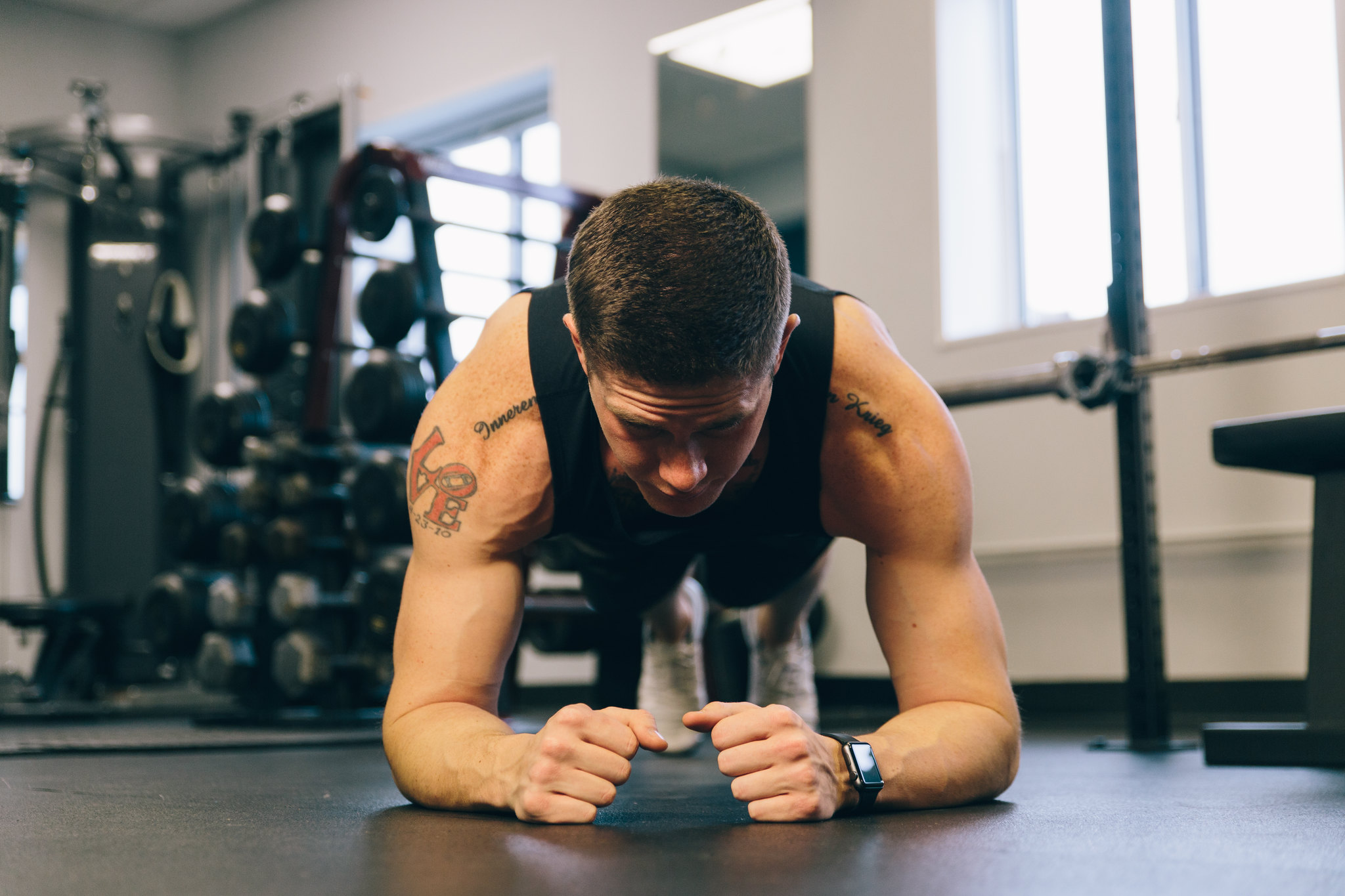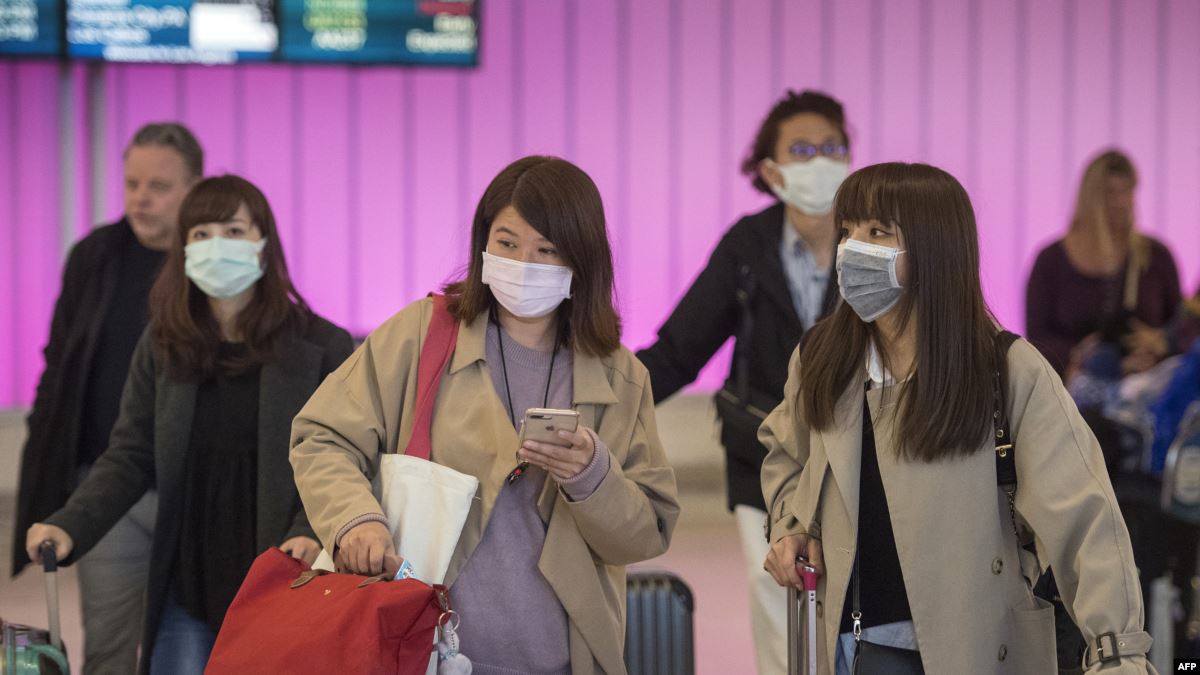
As the Thai Summer approaches, both citizens and travelers are at a higher risk of heatstroke.
So what happens to your body when you suffer from heatstroke, and what are the ways in preventing it? Let’s take a closer look at the warning signs.
What is heatstroke?
The human body temperature is maintained within a narrow range by balancing heat from the body and the environment (around 36 to 37.5 degrees Celsius, which varies throughout the day). Evaporation of sweat from the body is the main mechanism in reducing excessive heat.
Heatstroke is caused by failure of thermoregulation (the maintenance of a constant body temperature). Due to the high body temperatures which occur, there is a risk of serious injury.

There are 2 types of heatstroke:
1) Classical Heatstroke or Non-Exertional Heatstroke (NEHS): This type occurs mostly in the elderly who have chronic medical illnesses, making them vulnerable to hot environments and dehydration.
As well, in persons of any age, this type could occur due to the use of certain prescription medications or recreational drugs (e.g. alcohol) which impairs how the body controls temperature.
2) Exertional Heatstroke (EHS): This type occurs in younger people, athletes, and military recruits who engage in heavy exercise in hot temperatures and high humidity environments.
Symptoms of heatstroke
Heatstroke doesn’t happen as soon as you step outside into hot weather. Instead, it occurs after prolonged exposure to high temperatures or exerting yourself during physical activity in high temperatures.
As your body temperature rises, you may begin to feel dizzy, weak, and nauseated. When the temperature keeps climbing, you will become disoriented. Sometimes odd behavior may occur in the form of slurred speech, agitation, or hallucinations. In the worst case scenario, you may experience a seizure or go into a coma.
Your skin may be very warm to the touch, look red or flushed, and can either be moist or dry. These symptoms indicate that you might not be properly hydrated, and that the body is unable to cool itself down.
The main indicator of severe heatstroke and what leads to serious bodily injury is when your body’s internal temperature increases to 40⁰C (104⁰F) or higher.

Dangers of heatstroke
Heatstroke is a major concern throughout the Thai summer. After lengthy exposure to heat and the sun without proper access to shade or water, your body will become dehydrated and eventually overheat. The associated dangers of this include brain and heart damage, as well as other harmful effects to the kidneys, muscles, and liver.
It’s imperative that a heatstroke a victim receives proper medical treatment as soon as possible. The goal of the treatment is to reduce the victim’s internal body temperature. Treatment by evaporative cooling is effective and easily performed by misting the skin with lukewarm water, and then evaporating the water using a fan.
Another method that is less commonly used is to put ice packs around the armpits, neck, back, and groin.
If treatment isn’t immediately provided, serious, and sometimes irreversible complications can occur. As well, the longer a victim goes without treatment, the chances of death dramatically increase.

Tips in avoiding heatstroke
The good news is that heatstroke can be avoided in high temperatures by following these simple suggestions:
Staying properly hydrated allows your body to cool off naturally through sweating. Drinking plenty of water is the best option – and it’s best to stay away from alcoholic or sugary drinks. Lightweight clothing, that isn’t too tight, will also allow your body to cool properly.
Be cautious if you have an increased risk of heatstroke. Remember that certain medications may affect the body’s ability to cool off or regulate temperature properly. Additionally, if you have not spent much time in the hot weather, and your body has not become acclimated to the high temperatures, you are more susceptible to heatstroke than someone who is already accustomed to the heat.
Don’t over exert yourself during the hottest part of the day. Instead, opt for doing the most labor-intensive tasks in the early morning or late evening, when the temperature is cooler. Also, never ever sit or leave someone sitting in a parked car, even if the windows are cracked and the vehicle is parked in the shade. The car’s internal temperature can become very hot very quickly.
Source : bumrungrad
tag : RT-PCT TEST , RT PCR PHUKET , PATONG PCR TEST , PHUKET PCR TEST , Phuket Cheap Covid Test , RT-PCR Cheap Test , RT PCR Promotion , PCR Test Near Me , PCR Kata , PCR Paton , PCR-Test Karon , RT-PCR Karon Beach Paton, Sainamyen, Sai Nam Yen, Kata, 2023, New Year


